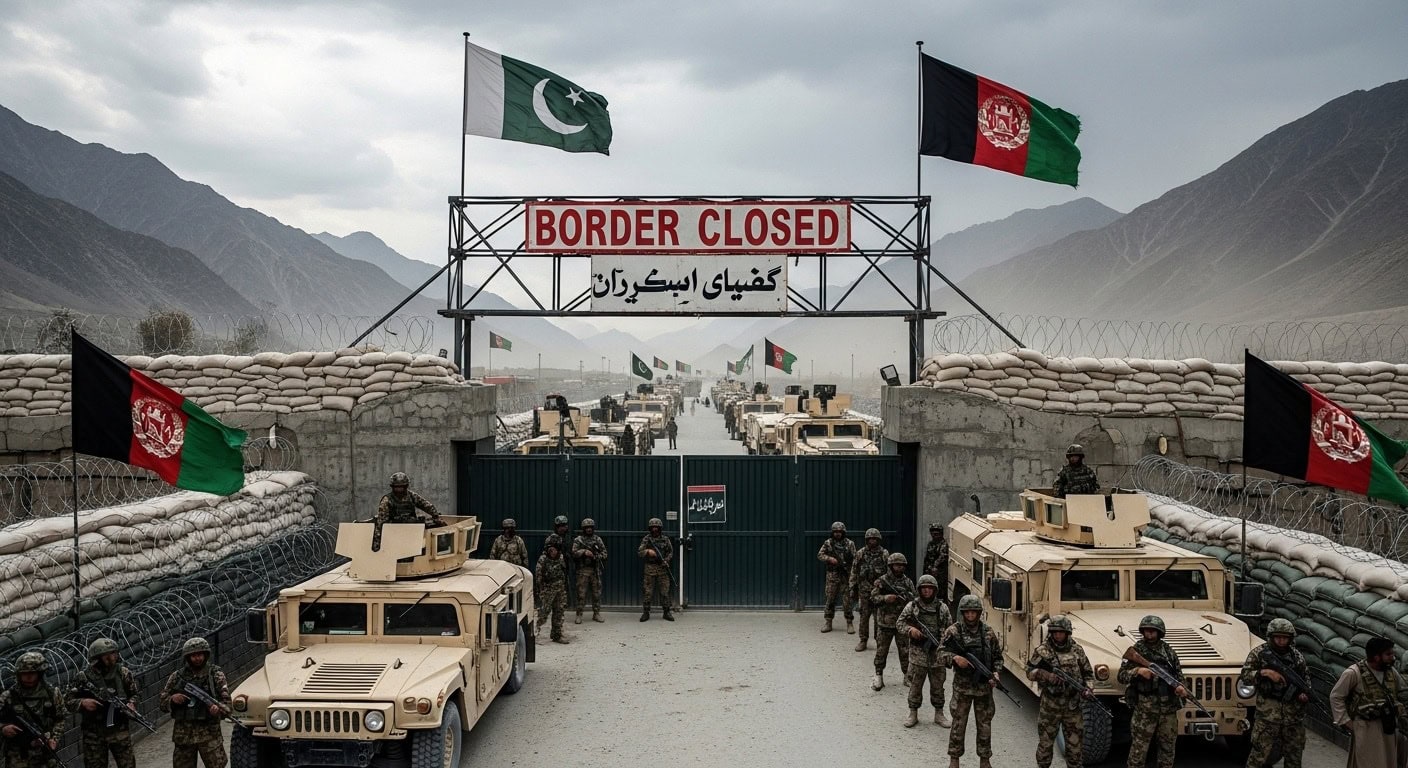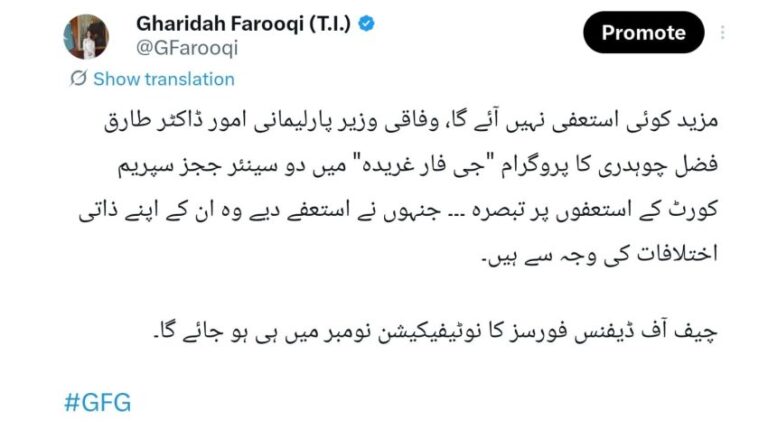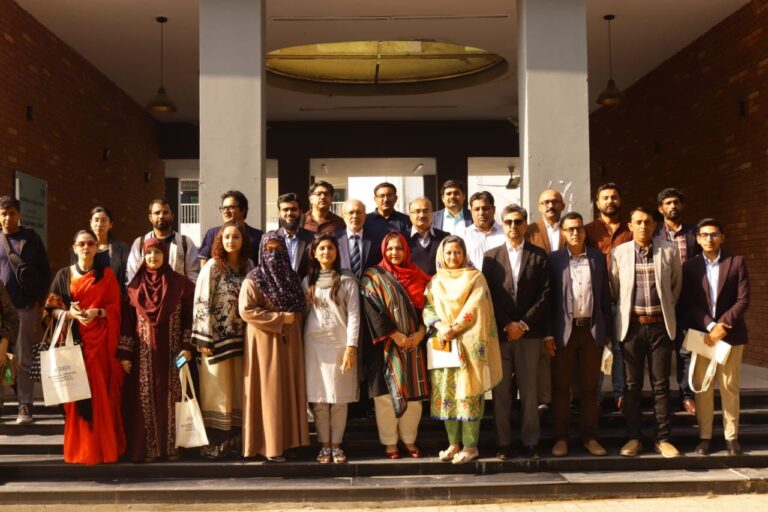
I remember the shared kitchens in Peshawar. The scent of Afghan roti mingling with our own bread; children with different accents, but the same hopeful, smudged faces, sharing the same handful of crayons. For four decades, this was the fabric of our friendship: we saw war, and we responded with unconditional refuge—a human gesture born of biradari.
We stood by our Afghan brothers and sisters when the world turned away. We provided safety, hospitals, and livelihoods. We bled money and resources into an act of unparalleled generosity. But tragically, that sanctuary, provided with an open heart, began to be twisted into a launching pad for attacks against the very hosts who offered it.
The current friction is not a diplomatic spat over borders or trade duties. It is a heartbreaking clash over our dead. Our streets, schools, and markets are once again paying the ultimate price. The truth is, we have not simply “closed” a line; we have drawn a line of fundamental self-defense, forced by an impossible calculus: How many of our children can we sacrifice before hospitality becomes a dereliction of our first duty?
This is the non-negotiable, heart-wrenching answer: We have absorbed the cost of instability for forty years. We will not allow the sanctuary we provided to be used as a staging ground for terrorists who wish to kill our soldiers and our citizens. No nation on earth is, or should be, asked to silently endure aggression that emanates from soil they once swore to protect.
Now, Afghanistan’s most vulnerable economies face pressure. The trade arteries—Karachi, Torkham, and Chaman—are currently curtailed. This is regrettable, as these routes are the most essential for the Afghan farmer, the most efficient corridor against which options like Chabahar or the lengthier Central Asian routes cannot economically compete, particularly for high-risk perishable goods.
However, the question before Kabul must move past logistics to core morality: Can Afghanistan afford to trade the guaranteed safety of Pakistani life for access to an open trade route? We believe they cannot.
If our neighbours in Kabul genuinely seek the immediate, economic flow of commerce through Pakistan—if they wish the door of cooperation to be fully open again—then they must fulfil the one, unyielding requirement: A rock-solid guarantee that terrorists who utilise Afghan territory to wage terror will not target a single Pakistani citizen, military or civilian.
Our borders remain closed because of the intolerable terror that bled over from the Afghan side. Opening them is not a matter of shifting economic policy; it is a question of life and death. Our duty is not to be a boundless neighbour, but a protector of our own people. We must draw this final, necessary boundary and say, with firmness but immense sorrow:
Our shared kindness stops where our citizens’ safety is violated. No nation may demand friendship when the blood of its hosts is spilled from the soil it controls. The trade of goods cannot resume until the trade of bullets and fear is completely, irrevocably halted.







